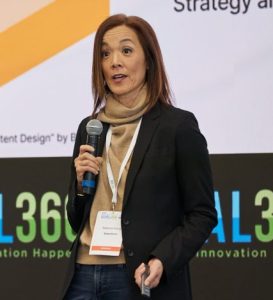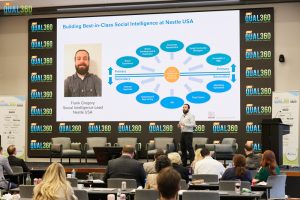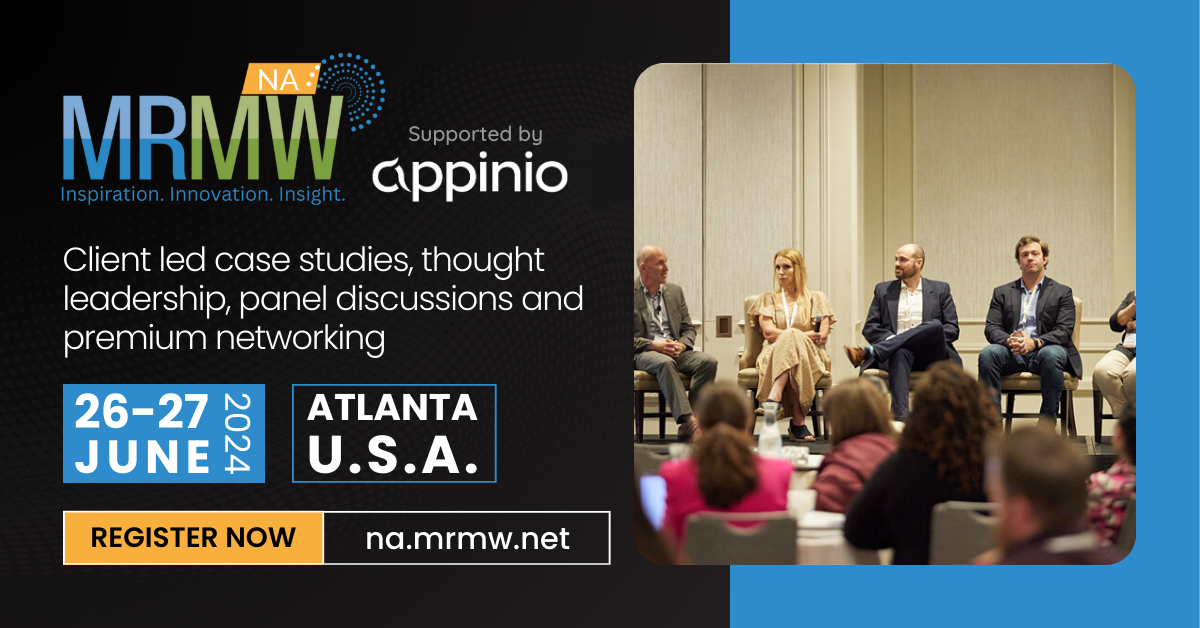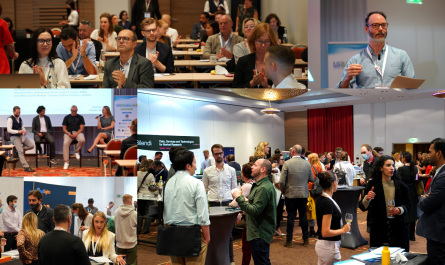AI Skills VS Human Skills: The Impact of AI on new skill requirements and developments in Market Research
Over the last few weeks, we held our MRMW APAC conference in Singapore and our Qual360 NA conference in Washington D.C. Even though by nature these two conferences are quite different, there was one debate dominating the agenda. Maybe not surprisingly, it is AI that is top of mind for many research professionals.
It was interesting to observe though, that, rather than the technical aspects of AI, it was skills and strategies that dominated the debate. Remko Glatzhofer from Linkedin quoted a report estimating “that at least 65% of the skills needed for jobs will change by 2030 due to the rapid development in AI.” Similarly, Symrise’s Head of Consumer Insights, Bao DO, who moderated a panel discussing how AI will revolutionise market research during MRMW APAC, mentioned that 70% of CEO’s see AI as a cornerstone of their organisations digital transformation journey.
“Even if you don’t change your job, your job will change on you”, Remko Glatzhofer, Linkedin
The aforementioned panel concluded that AI won’t be able to replace human thinking but it will enhance it, specifically through task-specific AI which is more nimble and efficient with labour- and data-intensive tasks, freeing up time for researchers to do the (human) things that really matter. To truly leverage AI in market research, researchers must blend its computational prowess with human insight skills. It is important to not only decode what consumers are saying but also, more importantly, understand the sentiment and cultural subtleties behind the words – which will remain a “human” task. It’s about striking a balance between technology and human insight.
Linkedin’s Head of Insights & Data Analytics – Talent Solutions, Remko Glatzhofer shared insights on how AI is impacting workforce developments across Asia. In Singapore for example, the growth in AI talent hiring has outpaced the growth of overall hiring by over 14%. This comes with an exponential growth of interest in upskilling AI skills across the region. Where traditionally the focus in recruitment was on job titles, it is now skills that are the most crucial factor. And these skills will continue to evolve and change – in some estimates by the already mentioned 65% by the year 2030.
How will AI skills develop?

So what does this mean for Market Researchers and Insight Analysts? Skill requirements will change, this is for sure. Anticipated is a shift in core skills and relevant skills between the different functions. Individual jobs will change by new technologies being incorporated that will reduce the time spent on applying routine tasks, but these in turn will make other tasks more important (think about prompt writing or data mining for example).
In her presentation at Qual360 North America, Sabrina Kang, Principal Researcher at Salesforce used the example of content research as one of the most obvious cases to apply AI. While Large Language Models make the idea of AI content production very appealing, they also increase the risk of creating content that may be copyrighted, damaging to your brand or simply wrong. Researchers thus need to develop the skills to manage these risks and help content producers to take advantage of AI efficiencies while mitigating the risks.
Andrew Stavisky, Assistant Director at Applied Research and Methods Group, US Government Accountability Office (GAO), suggested focusing on augmenting rather than replacing human capability, defining the limits of AI autonomy in research settings and balancing AI efficiency with human judgement. In his presentation at Qual360 NA he also shared a number of accountability and responsibility frameworks available for risk assessment.

In an eye-opening presentation on social intelligence tools and processes, Frank Gregory from Nestle also highlighted the use of AI to unlock predictive capabilities. As Frank says in his take-away summary, “If you are a market researcher, and your perception of social media research is from your experience with a social listening tool a few years back…kick off a Social Intelligence technology assessment now. You don’t want to miss out on the significant innovation in the Social Intelligence space over the last 24 months“. Tomorrow’s social intelligence experts now may need to sharpen their AI skills on everything from automated insight summaries to prompt analysis and deep fake detection.
Open questions and challenges however remain. Mirena Zannou, Global Cosumer Insights at Nike warns that while “AI is bringing important advancements in all fields of research, consumer understanding and marketing, opening up new possibilities – with it come ethical questions we should be raising and addressing.”
Jenny Kieras from Catalyx asked the valid question how sustainable AI is and will be. More data means more storage and an increase in processing power required, unless we develop new skills to become more efficient and effective. This means evaluating the role of the human in AI. “Are we planning how we shift from ‘human in the loop’ to ‘human at the helm’ or just diving in and hoping it will resolve itself over time?”
In conclusion, adaptability is – and will be – key to embrace the changes and opportunities brought by AI. As Remko summed up his Qual360 APAC talk. “Even if you don’t change your job, your job will change on you”.
At Merlien, we will continue to cover this exciting space through our Blogs, Conferences and Expert Interviews. At the upcoming MRMW North America conference a dedicated panel including representatives from Google, Fleetcor and Visions Live will deal with the interesting question of data authenticity in the age of AI. Additional sessions will explore the use of generative AI in Market Research. Join us on June 26&27 to participate in the debate!











 by
by 

